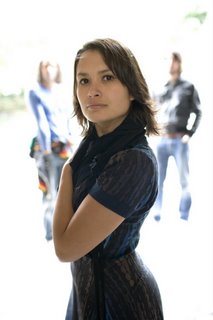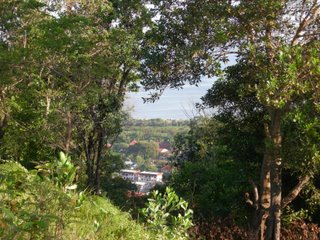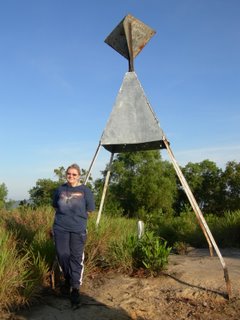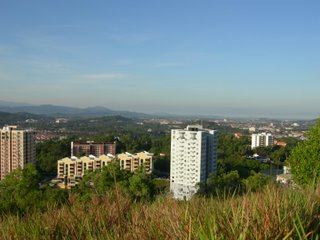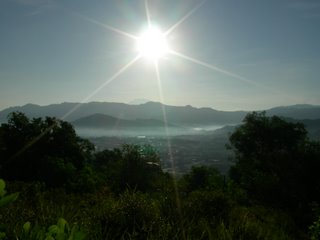I have to be off to the airport at 5am, so I really ought to be getting some sleep. Instead, Gillian over at gillpolack over at livejournal started me thinking about worldbuilding. She has thought more deeply about the way I do things than I have myself!
For those who don’t know much about writing sff: think about this. If I tell you I am writing a mainstream novel set in London in 2006, you already know a helluva lot about my novel before you’ve read a word. You have a sense of place, time, culture. You could probably make a stab at what my characters have for breakfast without me telling you. If I tell you my main character teaches at a government secondary school, then you already have an idea of his socio-economic position.
But what if I told you my book was set in Sebundancia in the forty-sixth century after the cataclysm and my main character makes corrabuds for a living? You would be none the wiser. A fantasy writer has to build a whole world and make it believable. If they don’t do it well, the whole book flops, even though the plot may be a scorcher and the characters marvellously drawn.
Gillian says: “I am reading Glenda Larke’s work and it strikes me that her worlds are a lot more convincing that those of a lot of other writers. When you get down to it, though, she doesn’t have a great deal more information than many fantasy novels, and she definitely has less than some. Why do her worlds work? “
“…It isn’t the amount of background you add to your novel, though the amount of effort you spend worldbuilding most definitely helps. The important thing is what detail you select. And Glenda chooses her detail with extraordinary care. Her worlds work because she mimics the sense we sometimes get in our own lives: that things are interlinked and complex.”
And : “The detail is *so* telling, that we can infer much more from her hints than is said on the page.”
I was delighted when I read that, because that was the result I was striving for. I have a horror of boring the reader with a myriad of details, for example about what you can order for breakfast in the local inn and how the food actually got there… Yet I don’t want the reader to ever be jerked into a sense of disbelief. (Hey, wait a moment, this inn is in the middle of the desert, how come they have fresh bread and what do they use for fuel to heat the ovens if there’s no trees?)
I don’t think I do nearly as much written work to build my world as some authors do. You won’t find my study strewn with plans of the economic life of the Gorthan Spit or notes on the details of how the Hub Race affected the social status of the Middling Isles…and yet I do know those things. I could tell you if you asked. So how do I do it?
I spend a year (at least) thinking about a novel before I write it – and most of what I think about is the place. How it is governed and stratified. What the conflicts are and how the economy works. I don’t write this down. I don’t do it in painstaking detail. And I don’t do it as an academic exercise either – I do it through my PoV characters, in the amount of detail that they would understand.
Let’s say Ferria is a chambermaid in Sebundancia and she is one of my main protagonists. She works for the corrabud-maker. I think about her a lot. How she spends her day. What she thinks about, the work she does, where she lives, what her family does. She probably doesn’t know much about how trade is done with the people who live in the neighbouring valley over the other side of the hills, but she will know some things – where those silk sheets on the beds come from, for example, and how much they cost. And that small snippet of info will also mean that there are silk merchants and silk traders and silk caravans, which I will probably mention somewhere or other. And if there are silk sheets on the bed, then making corrabuds is very lucrative…
Gillian says – and she is absolutely right:
“And that is the strongest argument I can think of for thinking about how that world needs to appear in the book at least as much as you think about building your world in the first place. When a writer gets the appropriate detail -the telling detail – and links it closely into plot and people then fantasy and SF reading becomes a whole new ballgame. We feel as if we are entering those strange lands ourselves.”

